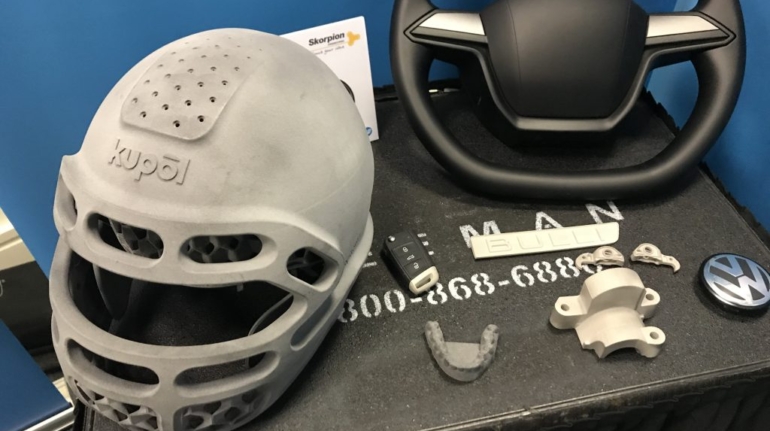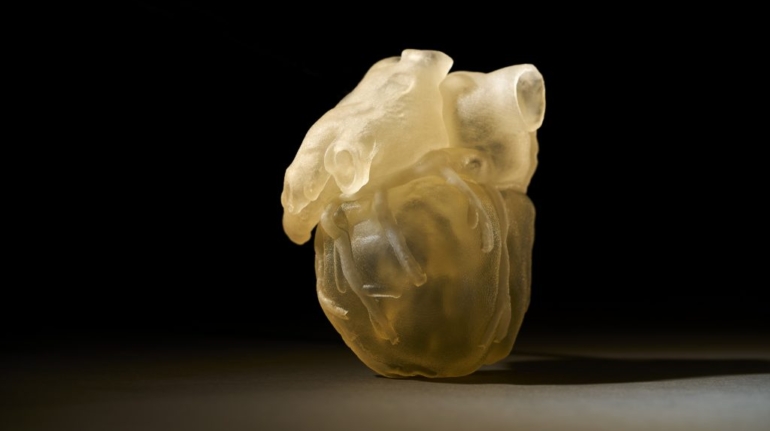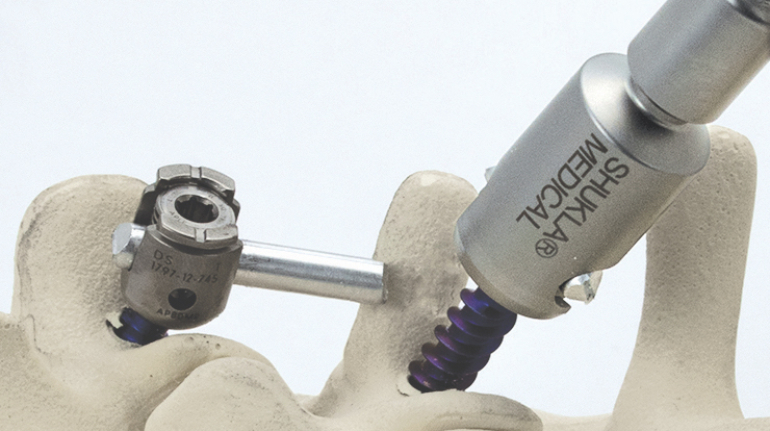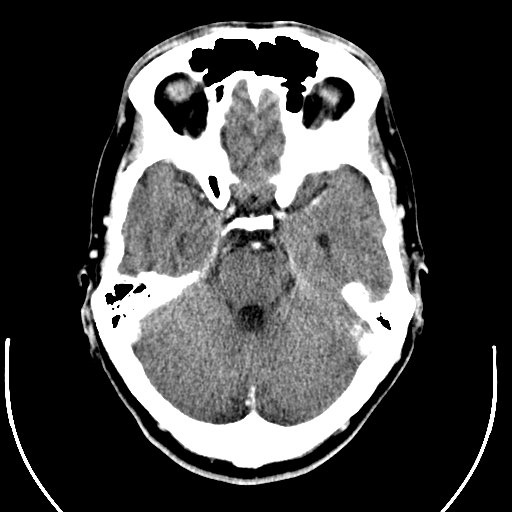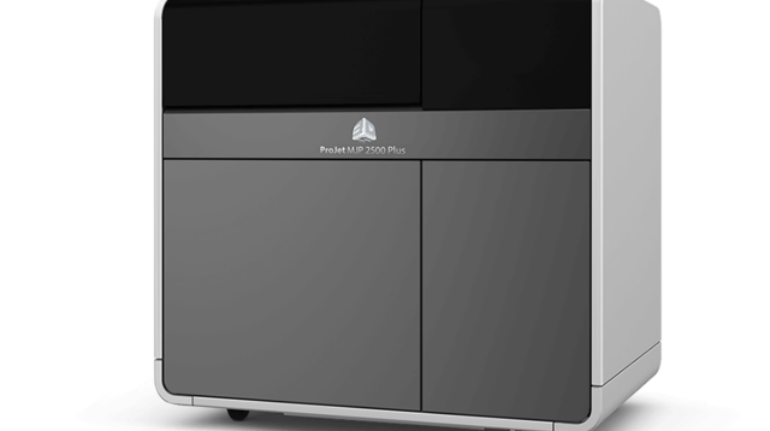TCT Show 2019: John Dargis, SmileDirectClub, and the Battle for Leadership in Dental 3D Printing
The 2019 TCT Show in Birmingham is a wrap. Over the course of three days, a variety of engaging talks, panels, and presentations took place. On the final day, John Dargis, Vice President of Operations and Vice President of Research and Product Development at SmileDirectClub, a Nashville-based teledentistry company, took to the TCT Summit stage to discuss the company’s collaboration with HP.

